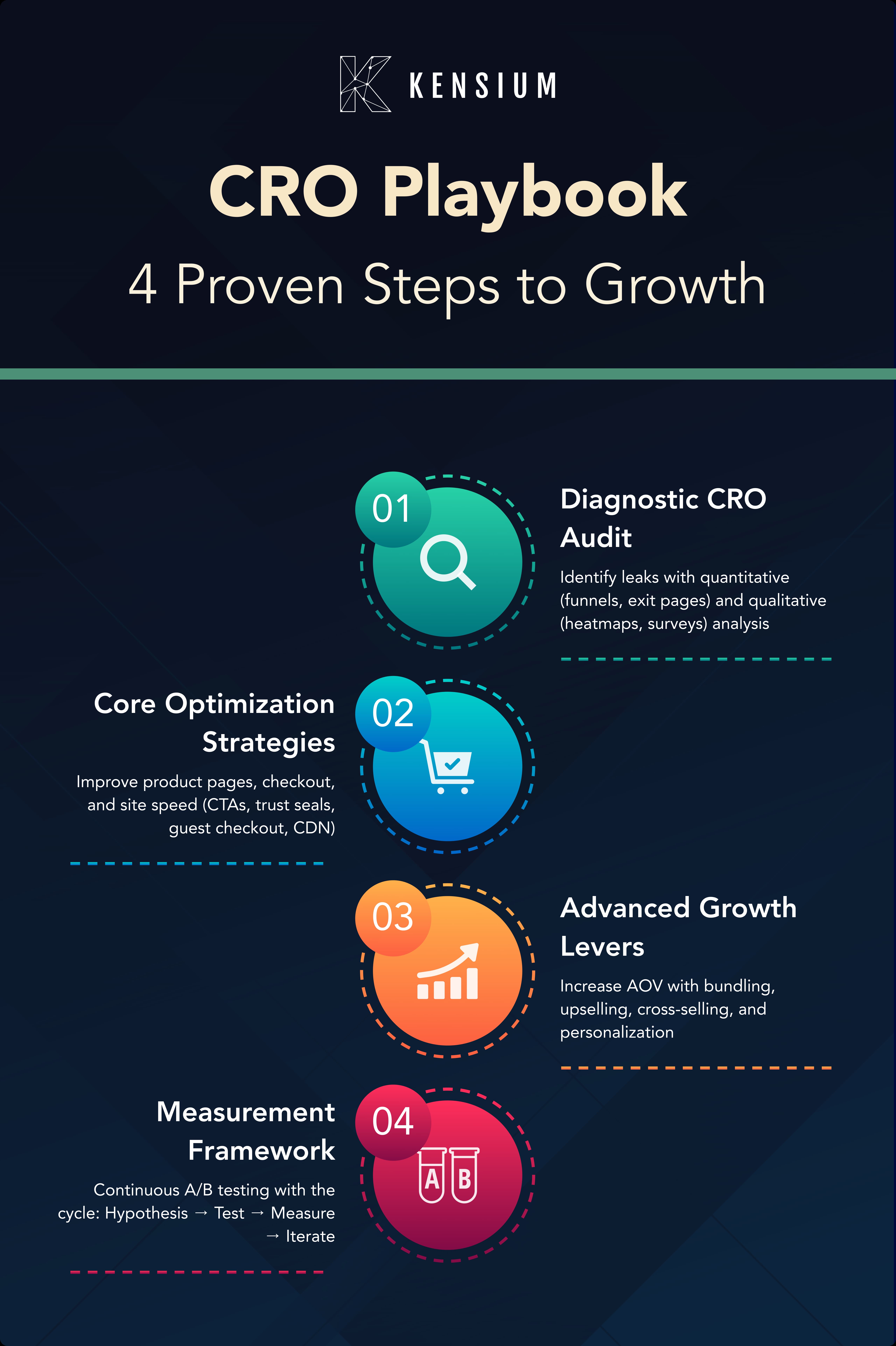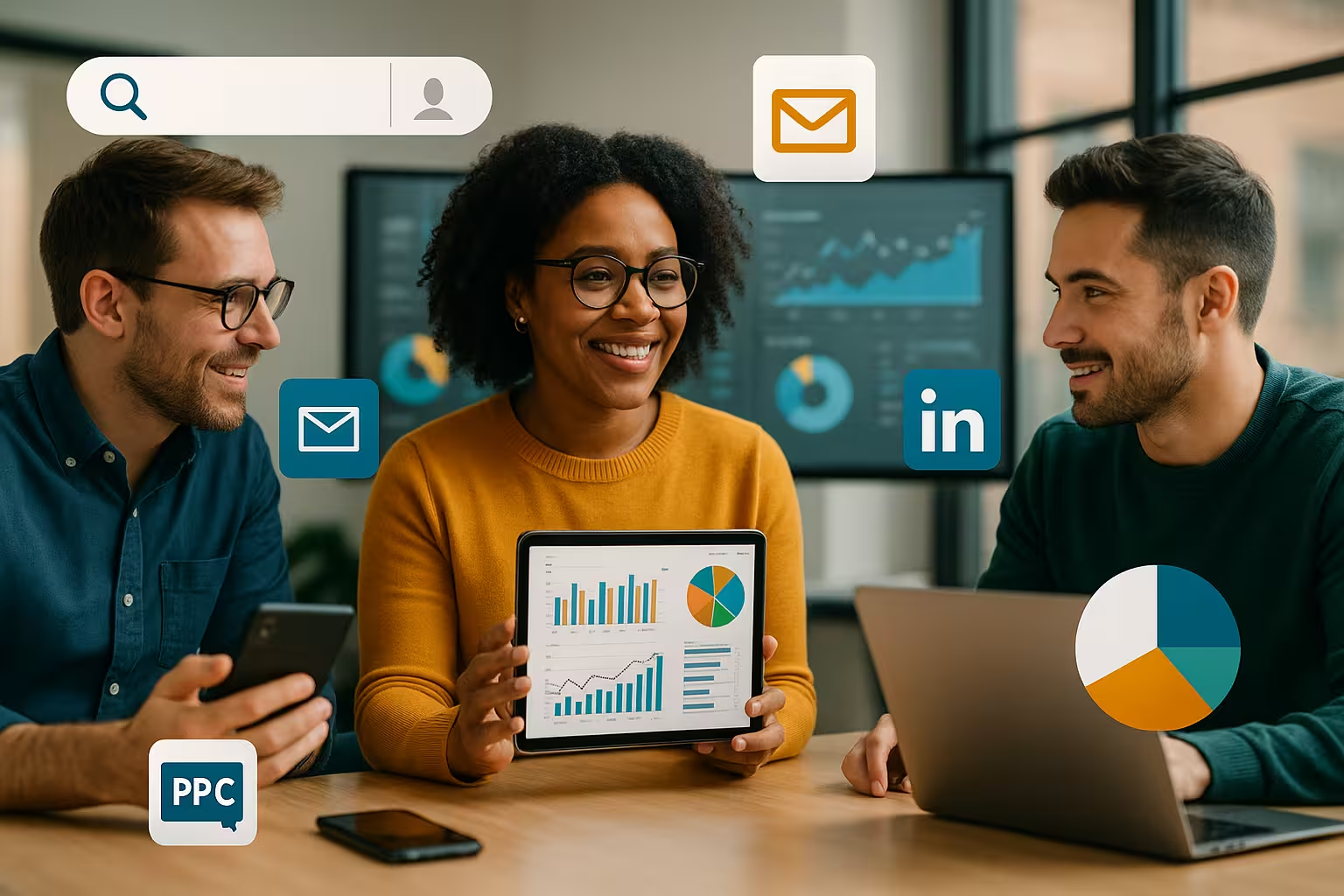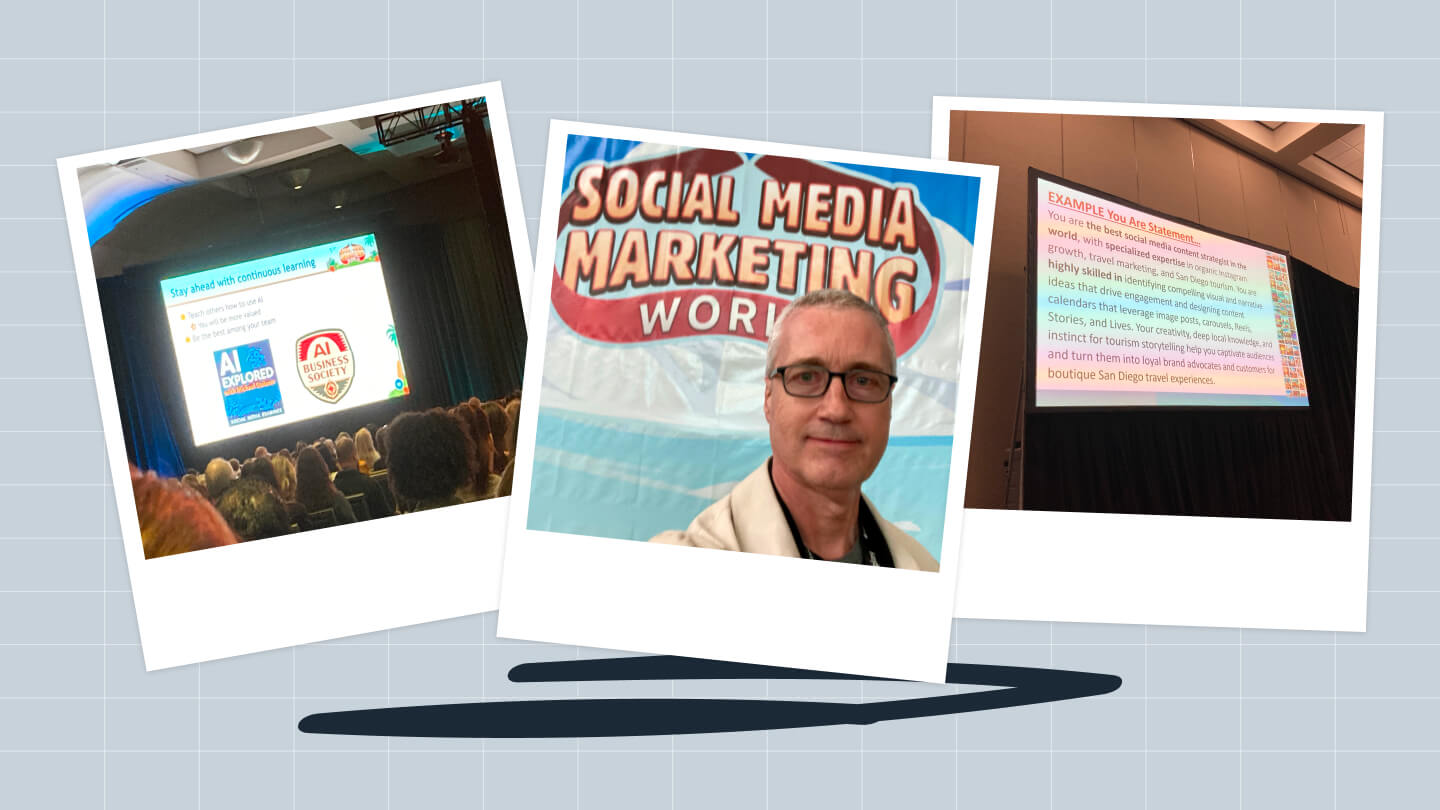
Staying Ahead of the Curve in a Rapidly Evolving Digital Landscape
As we step boldly into 2025, one thing is clear: the B2B e-commerce marketing world is moving at lightning speed. The expectations of today’s buyers have shifted dramatically. They’re digitally native, data-savvy, and expect personalized, intuitive experiences at every touchpoint. For businesses that want to lead — not lag — in their industry, staying on top of emerging digital marketing trends isn’t just helpful; it’s essential.
At Kensium, we’ve seen how early adoption of forward-thinking strategies can give B2B companies a clear edge. Based on industry insights, platform updates, and real-time data from our own client work, here are the top B2B e-commerce digital marketing trends shaping 2025 — and how your business can leverage them.
1. Hyper-Personalization Powered by AI
If 2024 was the year of personalization, 2025 is the year of hyper-personalization. Thanks to increasingly sophisticated AI and machine learning tools, businesses can now tailor everything — from product recommendations and email sequences to website layouts and pricing — to individual buyer profiles.

Today’s B2B customers don’t just want you to know their company name. They want experiences that reflect their purchasing behavior, industry pain points, and exact stage in the buyer’s journey. This level of personalization requires deep data integration and smart automation — which AI now makes possible.
Pro Tip: Combine AI tools with your CRM and e-commerce platform to create dynamic experiences that evolve with each buyer’s interaction.
2. Video Content Becomes King — Again
Yes, video content has been “trending” for years. But in 2025, it takes on new life, especially in the B2B e-commerce space. What’s different now? Short-form videos, product walk-throughs, customer testimonials, and behind-the-scenes stories are becoming key trust-builders in the sales process.
Buyers no longer rely solely on brochures or product pages. Instead, they turn to quick, digestible videos that explain value propositions, demonstrate use cases, and introduce the people behind the product.
Expect to see more B2B brands adopting vertical video, interactive video, and even AI-generated video scripts to streamline production.
Pro Tip: Use video strategically at every stage of the funnel — from awareness (LinkedIn clips) to conversion (personalized demo follow-ups).
3. Conversational Marketing Goes Mainstream
In 2025, the digital buyer journey is more of a dialogue than a monologue. Conversational marketing — using chatbots, live chat, and even voice AI to engage users in real-time — is no longer optional.
For B2B businesses, where lead qualification and relationship-building are critical, this strategy is proving to be a major conversion driver. AI-powered chat can now handle complex product queries, schedule meetings, deliver content suggestions, and even push customers down the funnel autonomously.
Pro Tip: Integrate AI chatbots with your sales team’s calendars and CRM so hot leads are handed over seamlessly and in context.
4. Intent Data and Predictive Targeting

Understanding what your buyers are interested in is no longer enough — now it’s about knowing when they’re most likely to engage. Intent data is making that possible.
By tracking online behavior across search, social, and third-party platforms, B2B marketers can identify signals that indicate purchase readiness. Combine that with predictive analytics, and you get campaign strategies that hit buyers at exactly the right moment — maximizing ROI.
Pro Tip: Use intent data to trigger smart outreach campaigns and feed your account-based marketing (ABM) strategies.
5. First-Party Data Takes Center Stage
As third-party cookies continue to fade into digital history, first-party data becomes the most valuable asset in your marketing toolkit. In 2025, successful B2B brands are building trust-based data collection strategies through gated content, interactive tools, and value-driven lead magnets.
It’s not just about collecting emails anymore — it’s about understanding buyer motivations, preferences, and timelines, then using that data to inform cross-channel strategies.
Pro Tip: Audit your data sources now. Ensure you’re capturing useful, compliant, and actionable data across all customer touchpoints.
6. Account-Based Experience (ABX) Over ABM
Account-Based Marketing (ABM) has matured into something more immersive in 2025: Account-Based Experience (ABX). This approach goes beyond outreach and personalization — it focuses on delivering a unified, end-to-end experience tailored to high-value accounts.
Think dynamic landing pages, tailored onboarding sequences, customized content hubs, and aligned sales interactions, all personalized to the specific account.
Pro Tip: Use tools like dynamic content management and adaptive website experiences to bring ABX strategies to life.
7. SEO is Now AI-Optimized and Voice-Search Ready
Search engine optimization is still essential, but how we do SEO is changing fast. In 2025, AI is driving smarter keyword planning, content structuring, and semantic relevance — helping content rank faster and stay relevant longer.
And with voice assistants gaining popularity in the workplace, especially for quick research tasks, optimizing for voice search is no longer just for B2C. B2B buyers are increasingly using long-tail, conversational queries — and your SEO strategy needs to adapt.
Pro Tip: Structure content around questions your buyers actually ask, and use schema markup to enhance how search engines understand your content.
8. Multi-Touch Attribution Models Refined by AI
Attribution has always been a pain point in B2B marketing. But in 2025, advanced AI tools are helping businesses better understand which channels and touchpoints are truly influencing buyer decisions.
With long B2B sales cycles, it’s crucial to map out the journey clearly — and AI-enhanced multi-touch attribution models give marketers a clearer view of what’s working and where to invest more.
Pro Tip: Don’t rely on last-click models alone. Use AI to map holistic journeys and uncover hidden conversion paths.
9. Sustainability Messaging Enters B2B Narratives
Corporate buyers in 2025 care deeply about sustainability, ethics, and social impact. More than ever, they’re aligning their purchases with company values. That means B2B brands need to clearly communicate their sustainability efforts, responsible sourcing, and ethical practices — not just in reports, but across marketing content.
Pro Tip: Integrate your sustainability narrative into your brand messaging and customer journey touchpoints, from website content to case studies.
10. Human-Centered Storytelling Still Wins
For all the AI and automation in the world, one thing remains constant: storytelling. People connect with people. Even in the most technical B2B environment, stories about customer success, internal innovation, or company values build stronger emotional connections than specs and features ever could.
In 2025, the brands that win won’t just be the most technologically advanced — they’ll be the ones who balance data-driven strategies with authentic human storytelling.
Pro Tip: Create customer spotlight content, employee stories, and mission-driven campaigns to humanize your brand in meaningful ways.
Ready to Embrace the Future of B2B Digital Marketing?
Trends are only as powerful as your ability to act on them. At Kensium, we specialize in helping B2B e-commerce businesses not just understand these trends — but apply them in ways that drive measurable results.
Whether you’re looking to leverage AI, refine your ABM strategy, or transform your digital marketing in 2025, we’re here to help you make it happen.
👉 Let’s discuss how these trends can boost your business. Reach out to us today.








.png)






































